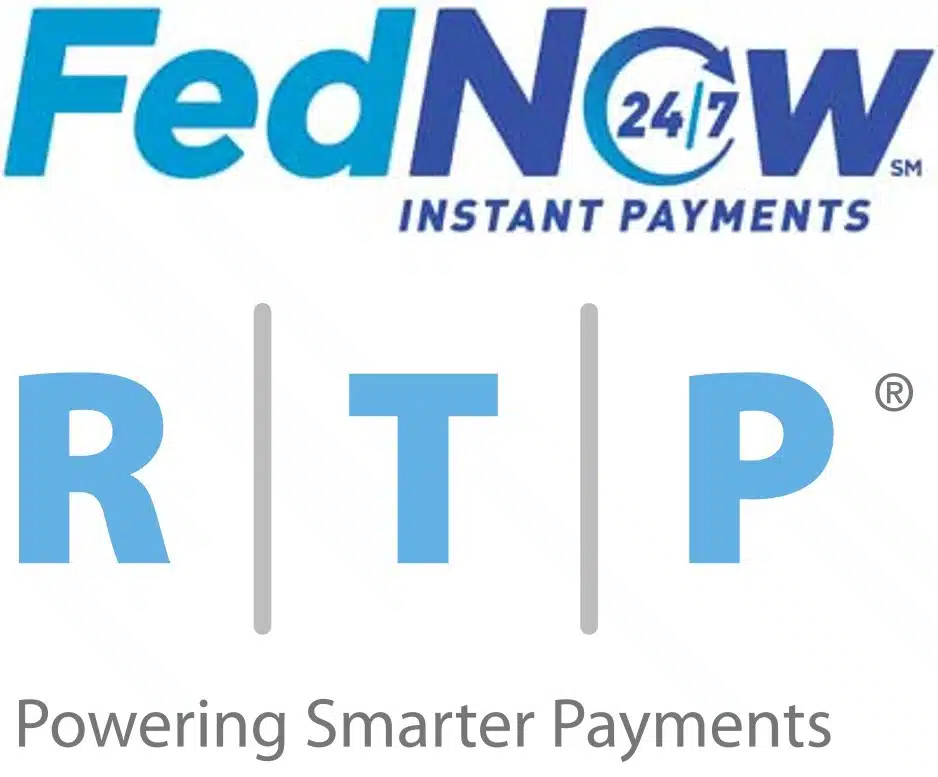If The Clearing House Payments Co. LLC’s experience with the formation and setup of its Real Time Payments network more than five years ago is any indication, the upcoming FedNow service may want to prepare for a marathon.
That’s the advice from Keith Gray, TCH vice president of sales and product development. “It’s a step-by-step process. There’s technology people. There’s strategy. It doesn’t happen overnight,” Gray told attendees Tuesday at the Smarter Faster Payments 2023 conference hosted in Las Vegas by Nacha, the rules-setting body for the automated clearing house network.
“The good news is every step in the process has opportunities to add value for your customers,” Gray said during a panel on faster payments.

FedNow is the real-time payments service from the Federal Reserve that is set to debut in July and could potentially reach thousands of U.S. banks and credit unions. With more than 330 financial institutions now on the RTP network, TCH has a six-year headstart on real-time payments processing.
Gray said the immediacy of the payment is a big deal, but not the sole one. The perfect timing of the payment and the RTP network’s ability to send data, such as a date and time stamp, is important, too, he says. And, as interest rates rise, companies may want to retain funds in interest-bearing accounts until the last minute, he added.
Such considerations “are going to be game changers for your customers,” Dan Gonzalez, Federal Reserve vice president and director of the national account program, told Nacha attendees. FedNow will deliver final, instantly settled funds, he said, adding, “You will be able to turn over that money right away. Having that certainty is going to change that experience.”
Gonzalez said real-time payments is about the customer experience. “You want your customers to have a seamless experience,” he noted.
FedNow will provide a second real-time payments network with a reach that can rival, or possibly exceed, that of RTP. FedNow has a pilot in progress featuring approximately 120 participants of varying sizes, Bernadette Ksepka, Federal Reserve of Boston’s vice president and deputy head of product management, said during another session at the conference. “It’s a diverse group, a good cross-reference of the industry,” she noted.
At the FedNow launch, the service will be use-case agnostic, she said, but her expectation is that the initial uptake will center on account-to-account transactions. Wallet funding is another early use case, along with earned-wage access.
Ksepka said that, as the FedNow operator, the Fed has to ensure the network infrastructure is safe and reliable.
“On day one, we will have fraud controls that will complement what the financial institutions have,” Kspeka said. With these and other measures in place, FedNow will be poised to create ubiquity. After that, she said, “it’s up to the financial institutions, service providers, and fintechs to build out the use cases.”





